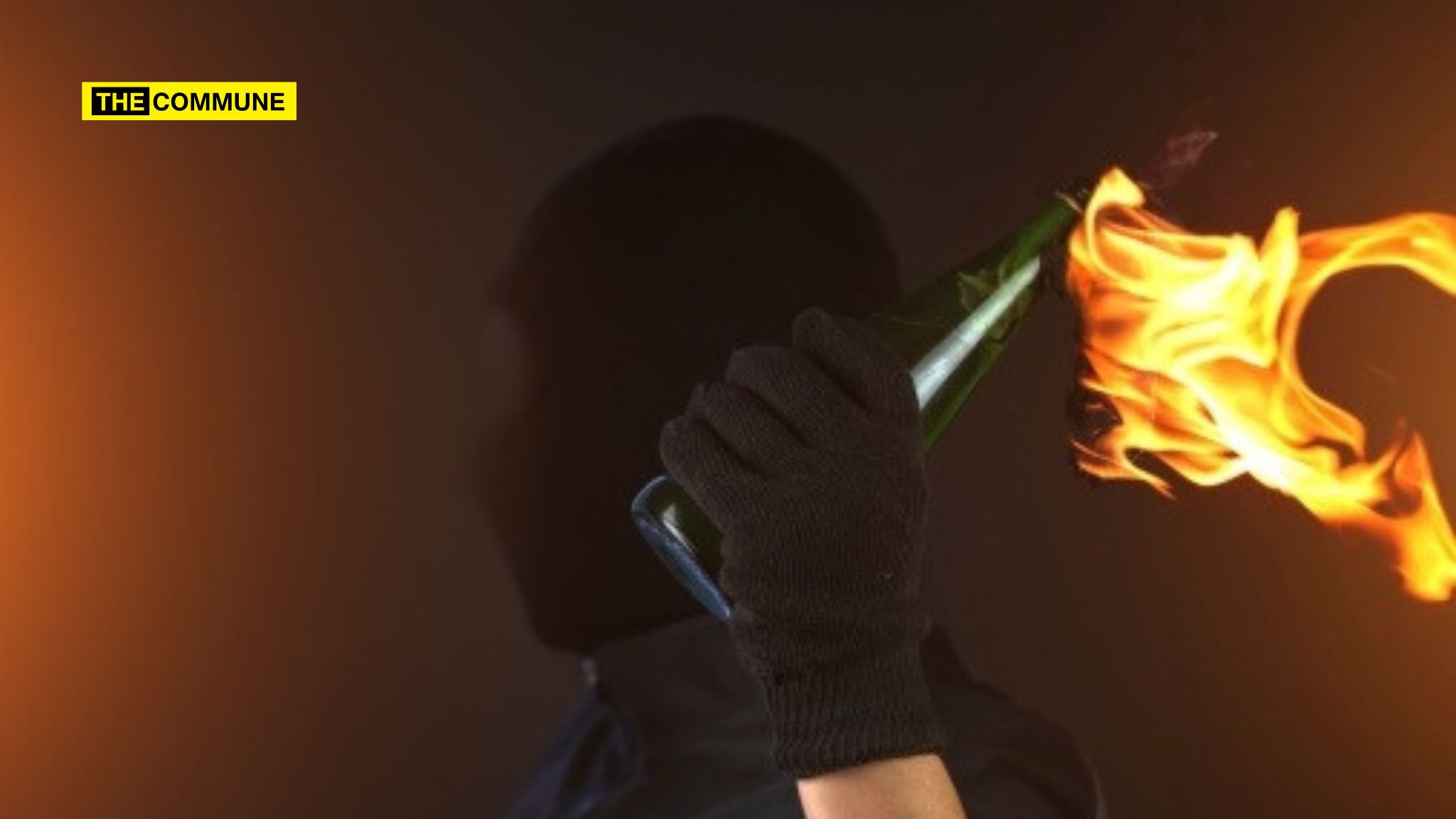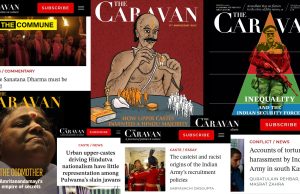
In 2019, a series of synchronised bomb blasts struck Sri Lanka on Easter Sunday, targeting three churches and three luxury hotels, resulting in the deaths of 280 people, including 45 foreign nationals. Among the dead were three police officers and eight suicide bombers. Over 500 others sustained serious injuries in what has become the deadliest attack in the country since the defeat of the LTTE in 2009.
Sri Lankan media, citing intelligence officials, reported that the suicide bombers were members of the National Thowheeth Jama’ath (NTJ), an Islamist extremist outfit allegedly linked to terror networks in West Asia. The attackers had reportedly planned a second wave of suicide bombings, which was prevented due to swift action by Sri Lankan security forces.
The scale and coordination of the attacks triggered heightened concern in India.
Cut to the present – security agencies are assessing the implications for Indian cities, especially given the ongoing custody of Tahawwur Hussein Rana and recent violent protests in West Bengal over the Waqf (Amendment) Bill. Officials suspect that the possibility of similar strikes in Indian cities cannot be ruled out, particularly during religious festivals or periods of political unrest.
Political responses to religious processions and gatherings have come under scrutiny. The Madhya Pradesh government’s decision to ban Hanuman Jayanti rallies in Guna and restrictions imposed in parts of Delhi have drawn criticism from several quarters. At the same time, the Delhi administration’s denial of permission for a Christian procession titled “Road to the Cross” on Easter Sunday prompted condemnation from several secular political leaders. However, these leaders remained silent on the restrictions placed on Hindu religious events, raising allegations of selective outrage.
Security analysts have indicated that there are credible threats from Islamist outfits targeting Christian and Hindu religious events, particularly during major festivals such as Holy Week and Ram Navami. The Centre’s heightened security measures have been interpreted as pre-emptive steps in response to this threat perception.
In a controversial development, former Maharashtra Chief Minister and senior Congress leader Prithviraj Chavan demanded that legal assistance be extended to Tahawwur Rana to ensure the protection of his human rights. The demand has raised questions about possible political sympathies for individuals under investigation for terror-related offences.
The contrasting political reactions to religious processions and concerns over the safety of those facing terror charges are being viewed as contributing to growing polarisation. There is an increasing perception that such actions reflect an imbalance in the protection of religious freedoms, and this is believed to be pushing some members of the majority community towards hardline positions.
Authorities remain on high alert across South Asia, particularly in the lead-up to major religious observances, as the threat of extremist violence remains a pressing concern.
(With inputs from Daily Pioneer)
Subscribe to our channels on Telegram, WhatsApp, and Instagram and get the best stories of the day delivered to you personally.




